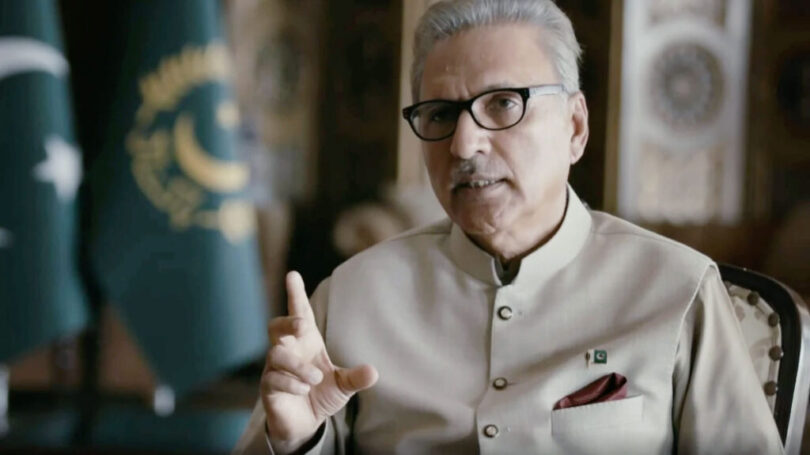President Dr. Arif Alvi stressed the need for community efforts to prevent thalassemia among children emphasizing mandatory testing before marriage. The president appreciated the people and charity organizations working for thalassemia elimination and for serving humanity. Dr. Alvi lauded philanthropic individuals and organizations for their generous financial support towards the treatment of these otherwise expensive medical conditions. He called them heroes, who would stand honored before Almighty Allah.
Thalassemia is a genetic blood disorder that affects the production of hemoglobin, the molecule in red blood cells that carries oxygen. Thalassemia is the most serious disease which is unhindered increasing in our society due to complex family systems and cousin marriages. According to official statistics, thalassemia traits frequency ranges between 5-7% in Pakistan. There are over 10 million thalassemia careers and around 5000 children are diagnosed with carrying thalassemia germs each year. Unfortunately, there are no standard management protocols and blood transfusion remains the mainstay for the management of the disease so far. Currently, there is no cure for thalassemia, but treatments are available to manage the symptoms and complications. Blood transfusions are often used to provide healthy red blood cells to patients that provide him temporary relief and need to repeat these practices on frequent intervals to keep the patient stable and healthy.
Unfortunately, there is very little awareness in our society regarding the disease of thalassemia, its reasons, and preventive measures to be adopted to stop its spread in our future generations. Historically, Islamic stresses on out of family marriages while shadowing the untrue sentiments of superficiality, ethnic segregation that not only cause differences but are harmful for a healthy, united and resilient Muslim society. There is also a need for prenatal diagnosis, genetic testing as well as genetic counselling of couples who have some family history of thalassemia.
Early diagnosis and appropriate management can help individuals with thalassemia live relatively normal lives. However, the government must launch a public education and awareness campaign that can help increase understanding of thalassemia and promote genetic testing and counseling among at-risk populations. This is the only path to contain and mitigate this inherited disease that casts serious risks to our society at a fast pace.







